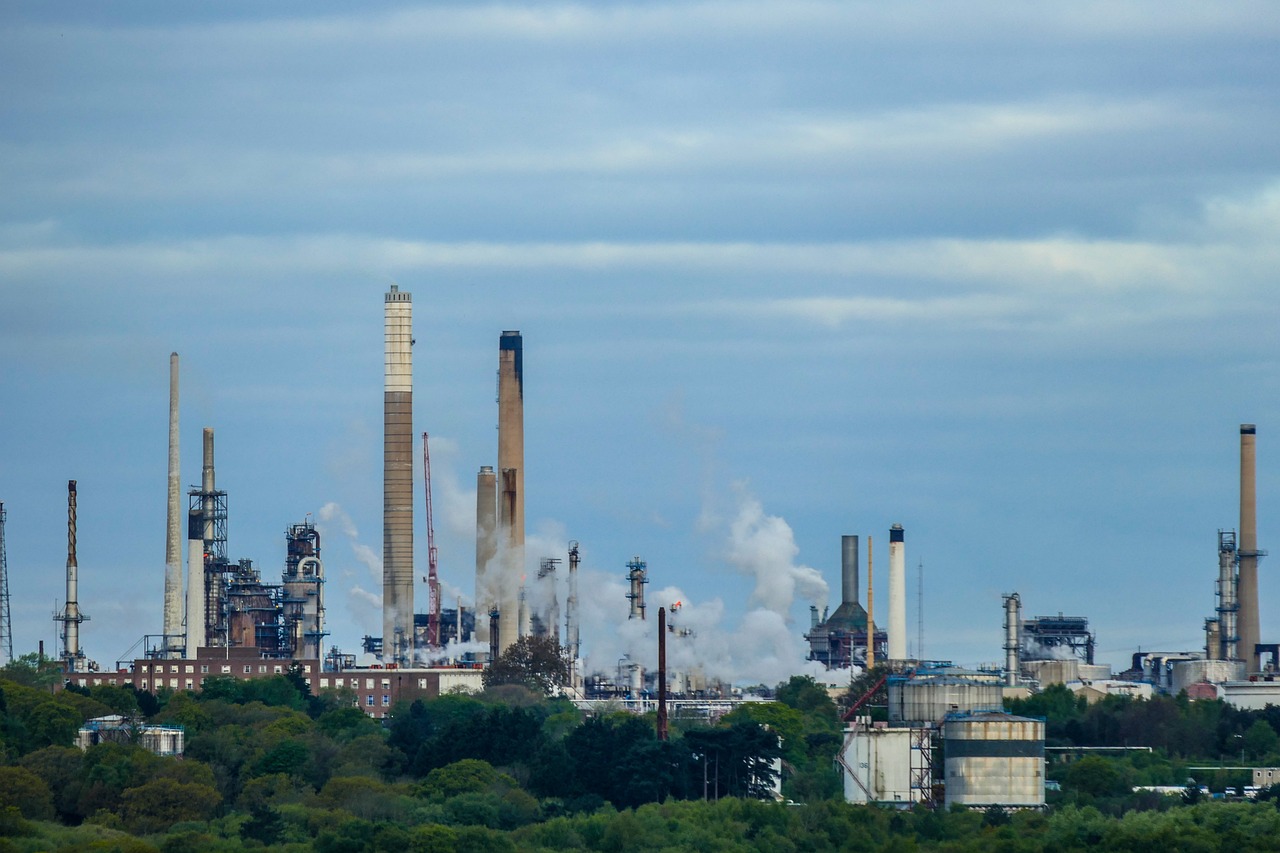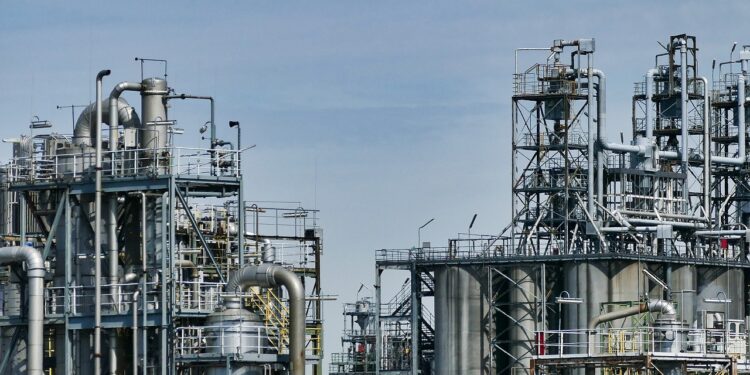The petroleum downstream sector in Nigeria has erupted into a fierce debate. Two important groups, the Independent Petroleum Marketers Association of Nigeria (IPMAN) and the Petroleum Products Retail Outlets Association of Nigeria (PETROAN), are saying that the Dangote Refinery is selling petrol too expensive. They think it would be better to bring in petrol from other countries to make it cheaper for people.
But Dangote Refinery, which is the biggest oil factory in Africa, says its prices are fair because they compare to prices around the world. They also think that if Nigeria starts importing petrol again, it could bring in low-quality fuel that could be bad for people’s health and cars.
“If someone says they can sell PMS for less than what we are offering, they are bringing in poor-quality products and working with foreign traders to flood the market with low-quality goods without caring about the health of Nigerians or the lifespan of their cars,” Dangote Refinery said in a statement. They also criticised the current rules, saying that the Nigerian Midstream and Downstream Petroleum Regulatory Authority (NMDPRA) doesn’t have the tools to catch these bad products being brought into the country secretly.

This growing issue puts Nigeria at a crucial point: Should the country go back to importing fuel to possibly get cheaper prices, or should it keep supporting local refining, even if it costs more at first?
Bringing back fuel imports has major economic consequences. Importing fuel uses up Nigeria’s money saved in foreign banks, puts a lot of stress on the Naira, and makes prices go up. The Central Bank of Nigeria (CBN) said before that fuel imports used up a huge 40% of the country’s foreign money.
Even though imported fuel might seem cheaper, it could cause more problems—like a chain reaction of economic trouble. The short-term savings drivers might get from lower fuel prices could quickly disappear because of very high prices for other things, a weaker naira, and more money needed to fix cars due to poor-quality fuel.
Importing fuel also leads to more job losses and hurts local businesses. Basically, Nigeria would be sending away job opportunities, making the country even poorer when it already has a lot of people without jobs and not much industry.
Investing in local refining, even though it costs more at first, is a smart long-term move for Nigeria’s industry and economy. By backing the Dangote Refinery and other local refineries, we show investors that Nigeria is ready for business, wants to help local industries grow, and is serious about making the economy stronger.
Local refining creates jobs, increases the money the government gets from taxes, and keeps the value of the economy inside the country. Unlike importers, local refineries help their communities, pay taxes, and build important things like roads and buildings. The Dangote Refinery, for example, already employs many Nigerians and could lead to a big improvement in the oil industry.
Protecting local industries isn’t just something Nigeria does. Around the world, governments take steps to keep their local producers safe from unfair competition.














